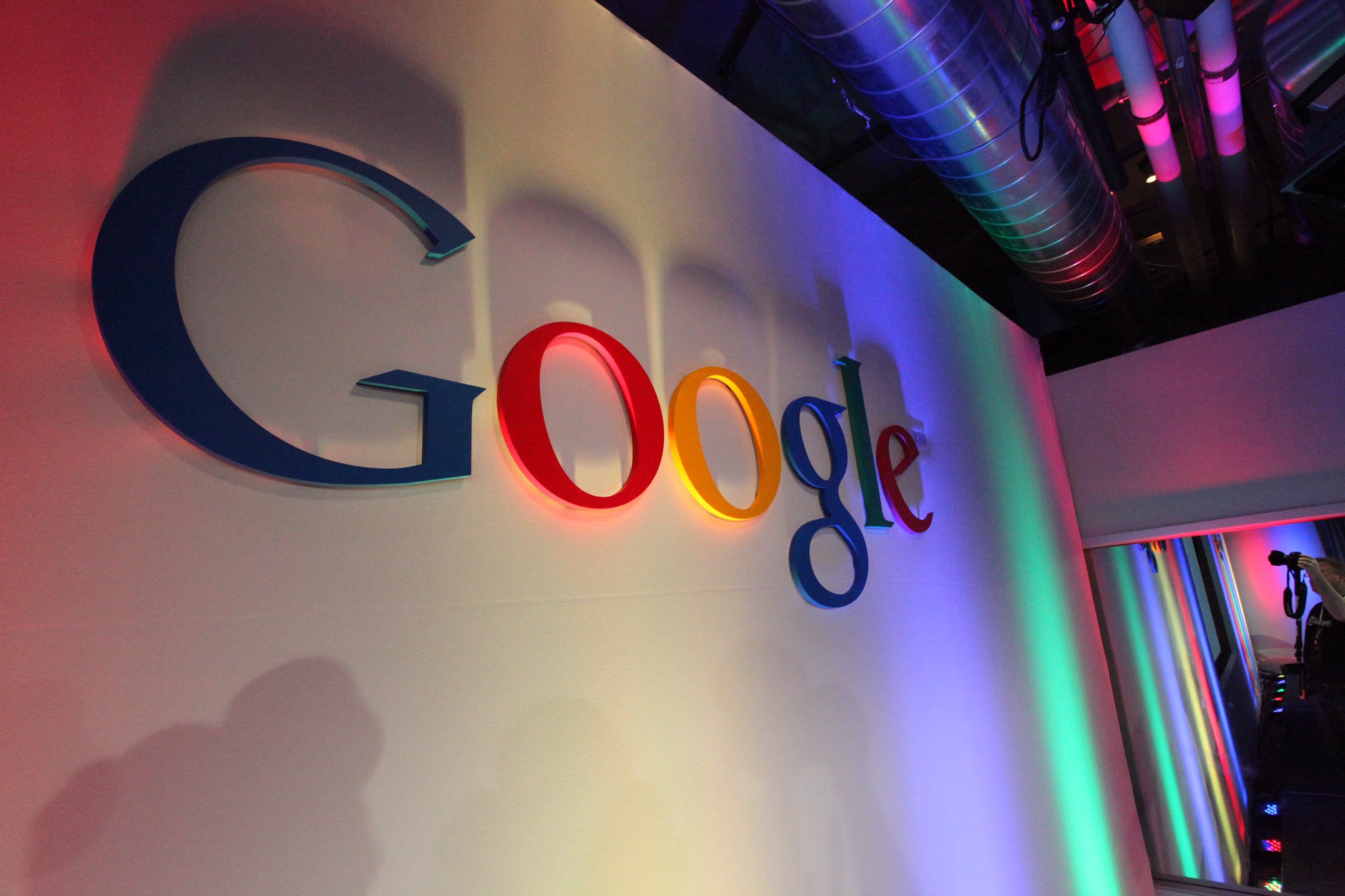Court says Facebook is wiretapping
A federal court ruled that Facebook has been ‘wiretapping’ after a nine-year legal battle. The class action lawsuit is filed under a provision of the federal Wiretap Act.
Have you ever wondered how Facebook manages to display advertising to you which just so happens to be something you were looking for? Facebook actively gathers data about websites you have visited. Many website owners will use Facebook ‘widgets’ on their web pages, either to show a ‘like’ button, ‘share’ button, or to a feed, or the use of the invisible ‘pixel’ which is used to gather analytical data; while useful to the website owner but it also gives Facebook access to a huge resource of data about what it’s users are doing on other websites.
Facebook will re-purpose (or ‘wiretaps’) this same information as to build a profile up about you: your interests, the products you buy, the music you listen to, etc. Facebook is able to collect this data whether your logged in to Facebook or not through the use of cookies.
When an advertiser creates an advert, Facebook gives them a choice of user demographics to advertise to, eg. Advertise only to people who have visited holiday websites.
The court argues (Chief Judge Sidney Thomas, San Francisco – 9 Apr 20) that this is considered interception because data is collected without the user actually clicking on anything within the page. US Federal wiretap law states that it’s illegal to intercept electronic communications without the consent of at least one party.
Is data gathering a crime?
Facebook isn’t the first to do this, Google has been gathering much more data using its widgets before Facebook existed, and is also accused of wiretapping. Many website owners are using Google adverts (adsense), and the very popular Google’s analytics. Google also gathers data from it’s public free DNS service and from a number of backbone internet cables that they own. Unlike Facebook, Google has been working closely with the US government since its conception, which begs the question what data doesn’t the US government have? In fact most major online advertisers are also doing the same kind data gathering.
Personally, I can’t see how this kind of data gathering is going to stop, it’s a technical issue with cookies. You can turn off the use of cookies in your browser, but blocking cookies would seriously hinder how the internet functions; cookies exists for the good features it offers, like the ability to login to our bank accounts for example. Many users turn to VPNs, but VPNs don’t give you privacy either. Many browsers offer an incognito mode which restricts some of the data gathered by limiting how cookies are used. If you don’t want Facebook to know what your interests are, use incognito mode.
Corporations are not the only ones gathering data, most governments monitor users data by working with their local ISPs. What happens with the data is probably the more important question; is using the data for general analytical use a privacy issue?
Some previous class action lawsuits against Facebook
| Filed | Settled* | Complaint | Named plaintiffs | |
| ConnectU.com lawsuit | Sept 2004 | Feb 2008 | Broken an oral contract | Divya Narendra, Cameron Winklevoss, and Tyler Winklevoss |
| houseSYSTEM | 2006 | May 2009 | Facebook stole web features | Aaron Greenspan |
| Lane v. Facebook, Inc. | Oct 2009 | Mar 2010 | Facebook used private info without concent | Sean Lane |
| 2009 class action lawsuit | Nov 2009 | violation of the Unfair competition | Rebecca Swift | |
| wood pellet | June 2010 | July 2010 | Broken 50% revenue agreement | Paul Ceglia |
| Young v. Facebook, Inc. | Oct 2010 | May 2011 | Breached laws on disability | Karen Beth Young |
| Fraley v. Facebook, Inc. | 2011 | 2013 | Personal data used with ads | |
| Nic Cubrilovic | Sept 2011 | 2020 | Personal data harvesting from websites | Perrin Aikens Davis; Brian K. Lentz; Cynthia D. Quinn; Matthew J. Vickery |
| 2015 | Jan 2020 | Storing face recognition data | ||
| JOHN CONDELLES III | May 2018 | App logged users phone text and calls | ||
| LLE One, LLC | Oct 2019 | Nov 2019 | Inflated avg viewed video time | Jonathan Murdough |





